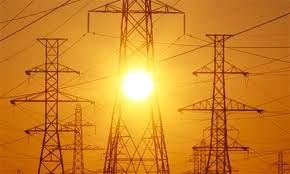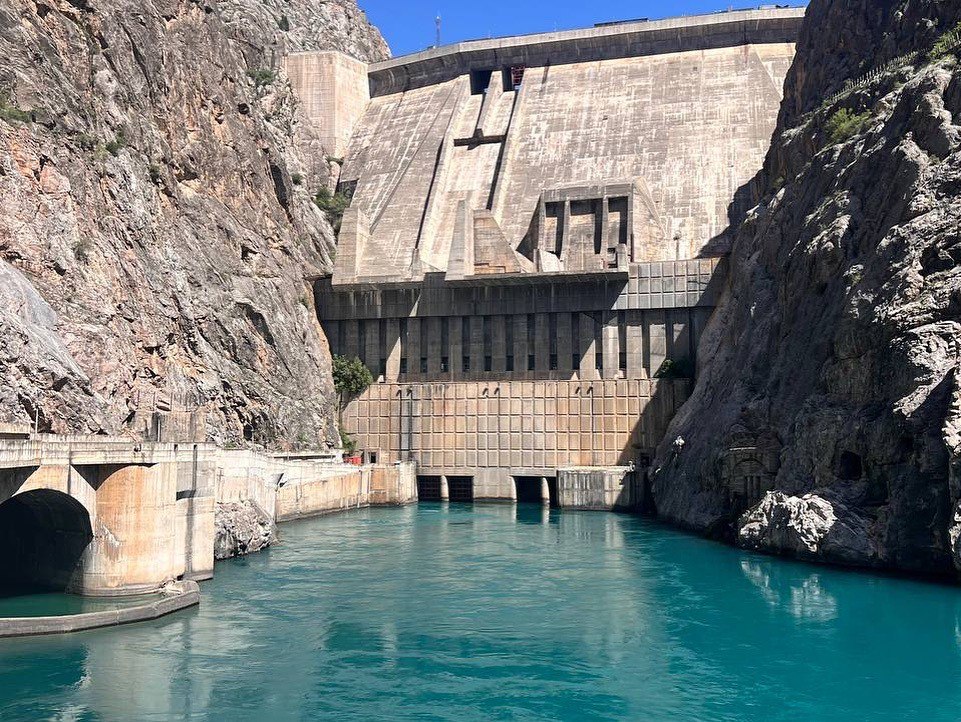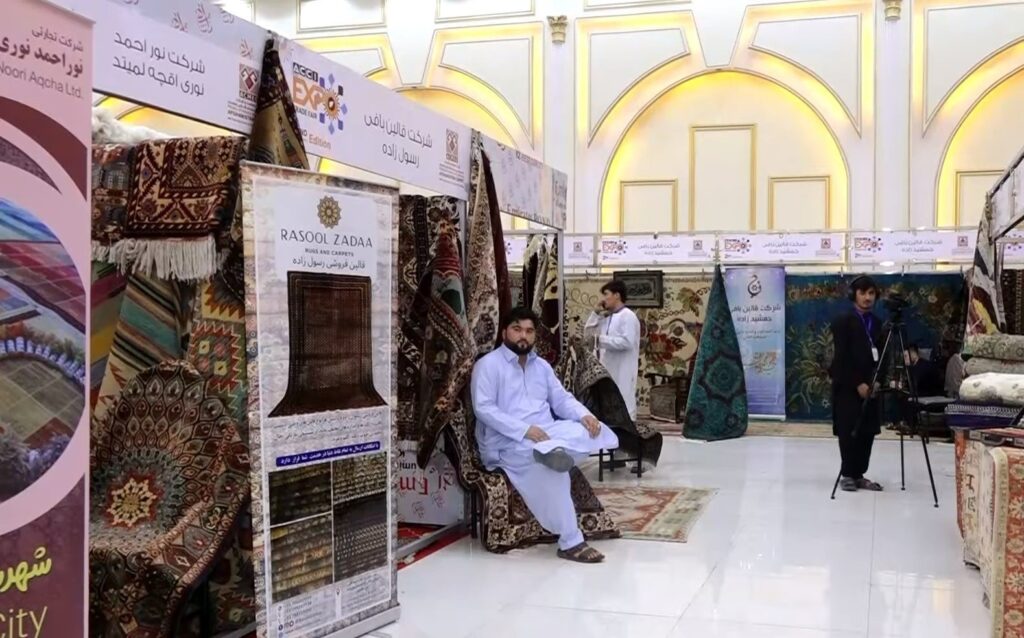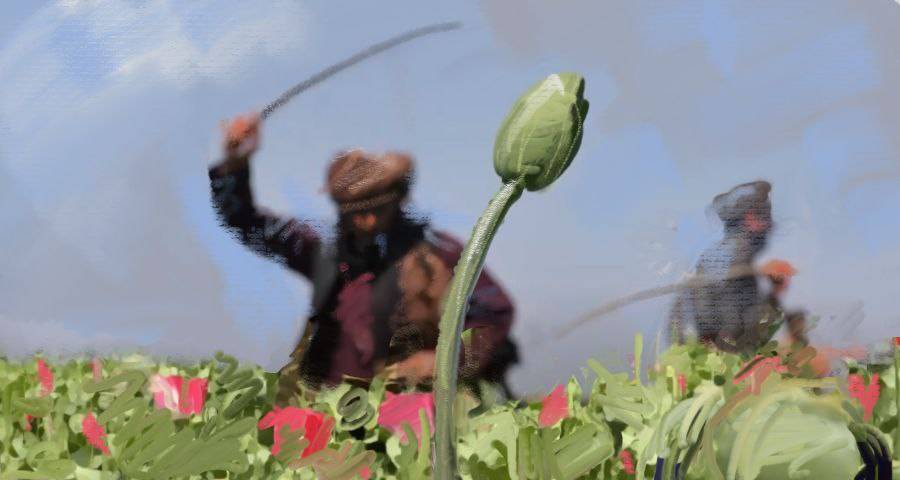KABUL (TCA) — In a meeting with Afghanistan’s President Ashraf Ghani on April 8, Uzbekistan’s Special Representative to Afghanistan Ismatilla Irgashev said his country had decided to reduce the price of electricity exported to Afghanistan from the current 8.5 US dollar cents to 5 cents per kWh, TOLOnews reported.
“Ismatilla Irgashev, Uzbekistan’s special envoy to Afghanistan in his meeting with the president of the Islamic Republic of Afghanistan pledged to reduce the current 8.5 cents electricity price to 5 cents and the new prices will come into effect from July,” the Afghan presidential palace said in a statement on Monday.
According to the statement, another 1,000 megawatts of power will come through Uzbekistan’s Surkhan region to Baghlan province to Kabul, which will help overcome electricity shortages.
“It is important to mention that a 70 megawatt transmission line will be connected to Jalalabad while the actual capacity of the line is about 300 megawatts. To some extent electricity shortages have also been resolved in northern provinces and the logistical process of supplying electricity to the central regions of the country is in the implementation phase,” the statement concluded.
Meanwhile, officials of power company Da Afghanistan Breshna Sherkat (DABS) have welcomed the move by Uzbekistan, saying the process will have a significant impact on electricity prices in the country.
Currently, Afghanistan imports 300 megawatts of electricity from Uzbekistan.
“In the middle of 2018, the price of electricity will be reduced from 7.5 cents to 5 cents and this will enable us to purchase 300 megawatts of electricity at 5 cents,” said DABS spokesman Wahidullah Tawhidi.
Economic commentators have said the decision by Uzbekistan to reduce the electricity prices will also open a new phase of rivalry among power exporters in the region.









